Find a Camp
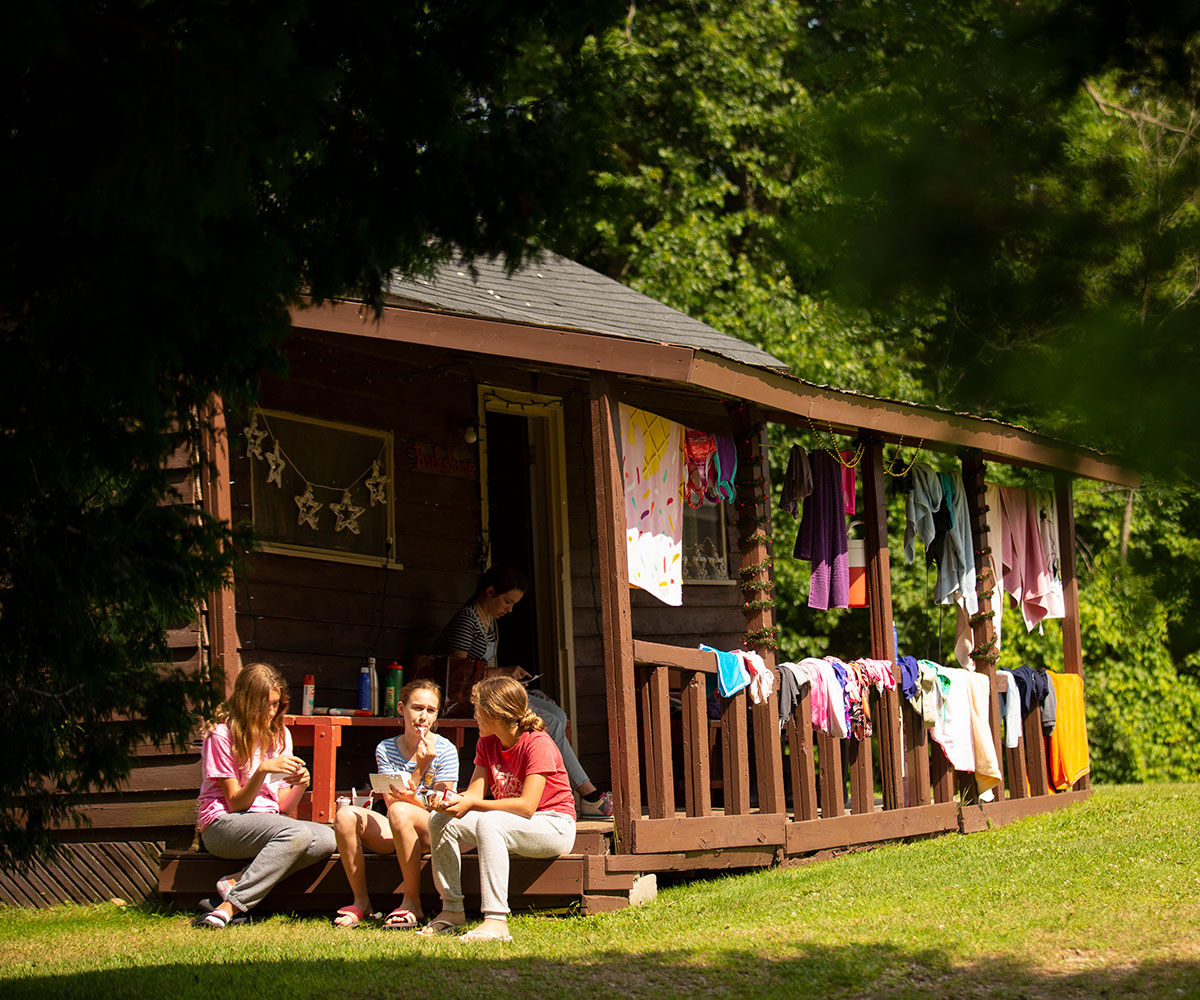
Camp, as a concept, can be a very difficult thing to define. There are camps in the city, and on tall ships at sea; there are overnight camps and day camps; there are camps built around a specific skill set, and those that offer a more general range of activities.
The reason there are so many kinds of camps, ultimately, is because there are so many different kinds of kids. Each camp is developed to provide a unique experience for children, tweens, and teens of different backgrounds, skill sets, and interests. They offer new experiences, activities, and friendships, and promote personal development. Fun is part of it, as is challenge. Some of the challenges are physical, others social. While camp is strongly associated with the summer season—something that is due to the fact that the camp concept began as a summer program for young people—today's camp sessions are offered throughout the course of the year.
What the best camps share is their ability to provide opportunities for kids to grow around a set of common interests and abilities, and to gain a sense of their talents within a setting of shared values. Peer mentorship often takes a front seat in the camp experience, with young people working to gain the trust of others. Success isn’t exclusively personal, but also social. It’s less about “I did it!” and more about “we did it!”
Whether it’s a day camp or an overnight camp, it’s an opportunity for kids to explore being active in creative ways that appeal to who they are and in ways that are kid-driven, rather than adult-driven. They provide stimulating, purposeful play while encouraging creativity and social engagement. When at camp, kids learn to set their own boundaries, to develop in an environment that’s not necessarily focused on a competitive end, to interact with one another, to determine how to win and lose, and to be involved in an active way with their peers.
From Liam's first summer at your camp, he has founda family that only finds good in him. The depth of nurturing that he experiences there literally fuels him for the other days of the year and in other arenas of his life where success, competence, and athleticism are often more narrowly defined.
Camp offers adventure, personal growth challenges, and social opportunities that belie any dollar figure attached to the experience. Many campers don't appreciate the true value of camp until some point in the future when a lesson in decisiveness, grit, or persistence becomes truly apparent. For others, camp presents experiences, and affords personal revelations that are immediately invaluable. Listen to the stories of Maddy Wells and others, and camp alumni's enthusiasm implies that yes, it is worth it, and no, you can't put a price on what you gain.
Take a fuller look at how summer camp is worth it.
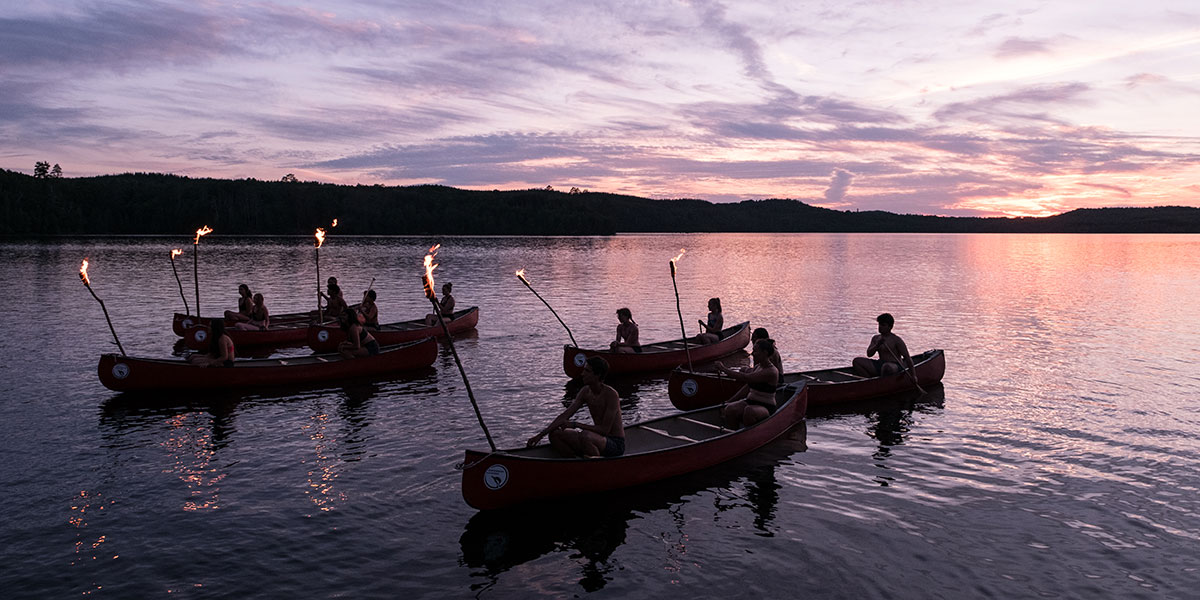
Camp allows opportunities for everyone to be equal
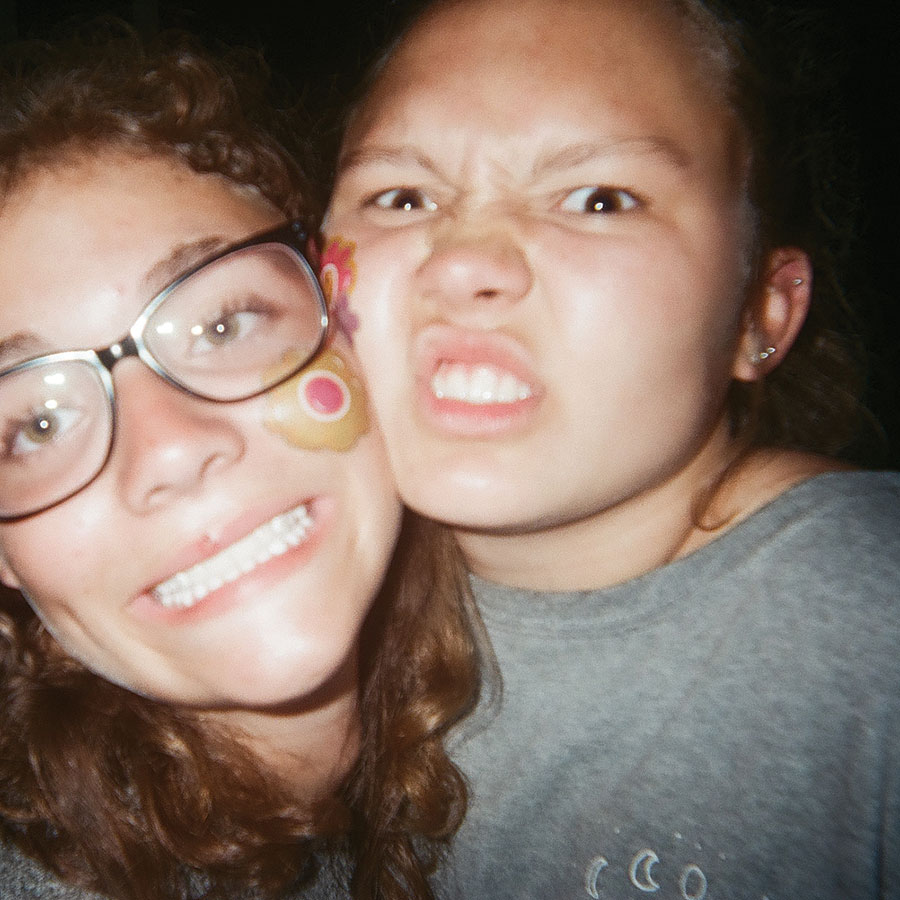
“I’ve been going to camp every summer since I was eight years old and, by the end of every school year, even I get nervous about going, because I’ve forgotten how much camp truly means to me. I’m usually more nervous about the social aspect of it, because I don’t like cliques at all. The truth is, you can’t escape cliques—but you can find people who make you happy, who will be there for you 24/7, and who care about you. The best friends that I have in my life, I met at camp. When you’re at camp, you meet people who get to know you better than anyone from school, and you build strong relationships with the people who make you the happiest. The amazing thing about camp is that the people and the environment really open you up to be who you are and make you feel accepted and loved for it. Leaving camp always comes with a lot of tears because it has such an amazing impact on people. I wish everyone could have a chance to find themselves and to find the people who mean the most to them in a camp experience. It's absolutely life changing.” — by Grace Herbert, age 15
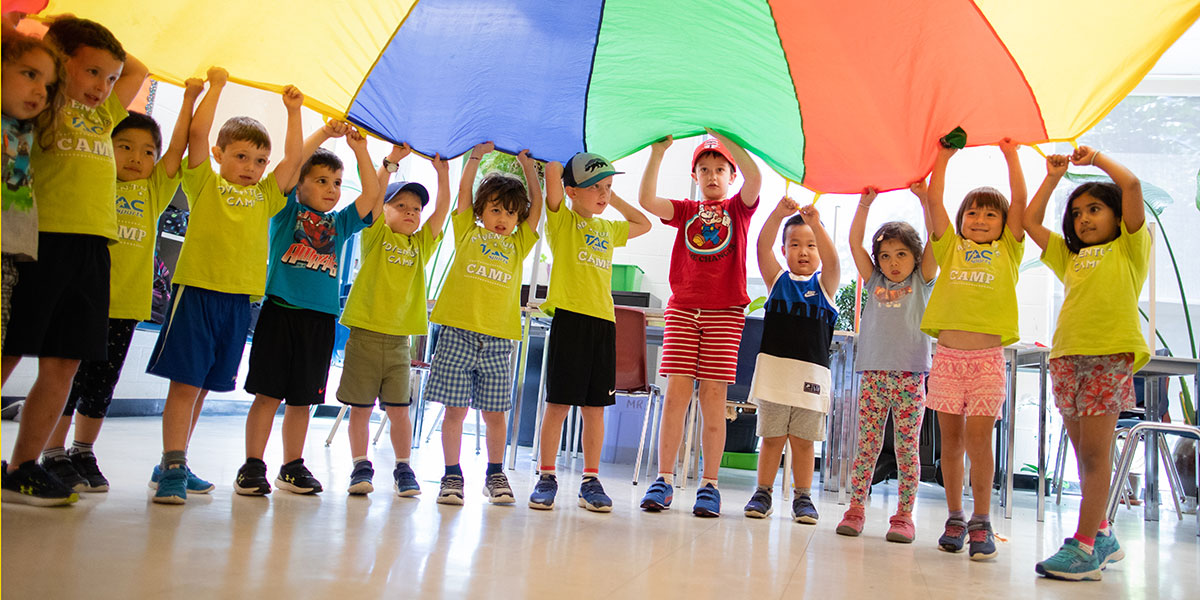
Overnight camp typically begins at age 7, with day camp programs for younger kids. but that doesn’t mean that all kids are ready at that age to be away from home, even for a day. It’s personal, and it depends on the child. The best is not to force it. That said, most kids are ready to head off sooner than parents typically think. The rule of thumb is, if kids are going to school on their own for a full day, then they’ll have no trouble heading off to day programs. If they’re good with sleepovers, then overnight camp is likely an option.
It’s a good question, precisely because different camps set their sessions differently. Trip camps, such as Wendigo in Algonquin Park, define the length of each session based on the trip parameters. In most overnight and day camps, the sessions for the earliest campers (approximately aged 7 to 10) run for a week or two, often at the discretion of parents. You can choose a week or two, based on your preference. For older campers, there are often longer sessions available, lasting up to a month or even two. But, again, it’s a good question, one that you should probe whenever considering a program: how long are the sessions? Each camp will have their own answer.
There is a social growth aspect to camp: going away from home, becoming independent, having to navigate around with other kids. … You need to navigate when to take a shower, keep your room clean. … We know what we want to see happen; we then build the programs with that in mind."
At overnight camps, kids arrive and stay on site, in cabin groups of similar age, each presided over by counsellors who live with them. Sessions can range in length from a weekend to two months. Some camps specialize—space camp or equestrian camp, for example—though all the core activities are augmented by a range of other activities, from arts and crafts, to watersports, to wilderness tripping. Kids who attend have fun while gaining independence and a sense of accomplishment. They may experience homesickness (see “How do I know if my child is ready for overnight camp?” on page 18), though, even then, the counsellors know how to support the child, and by the end of the session, they will have a sense of having tackled even that challenge successfully.
At day camps, campers only attend during the day: they arrive in the morning and go home at night. Sessions range from a weekend to a week or two. Day camps are distinguished by variety—the range of activities offered across various day camps can boggle the mind, from art appreciation, to sports-intensive programming, to science and tech-intensive programs. They are also distinguished in that, at many, kids are able to focus more intensively on a specific passion along with peers who share that passion, mentored by counsellors who are experts in their respective fields.
Many kids’ programs are run year-round, including before- and after-school sessions, weekends, and during school breaks (PA days, March break), holidays, and summer vacation. The summer sessions are different in that they are typically run in week-long sessions, and thus provide staff to offer activities that have a longer arc than those run at other times of the year. These may include special trips or themed activities, as well as longer-term projects.
Kids’ programs that offer year-round sessions as well as summer camps allow kids to revisit the environment and the experience year-round. Kids might attend a session in the summer, and then another at March break. Programs like 4Cats and Pedalheads, with locations across the country, offer the full range of options: PA days, weekend and holiday sessions, and week-long summer day camps. That range of offering is something that many families rightly value: kids are able to indulge their interests in a familiar setting at various points, and for various purposes, throughout the entire year. Often, there are lots of familiar faces as well.
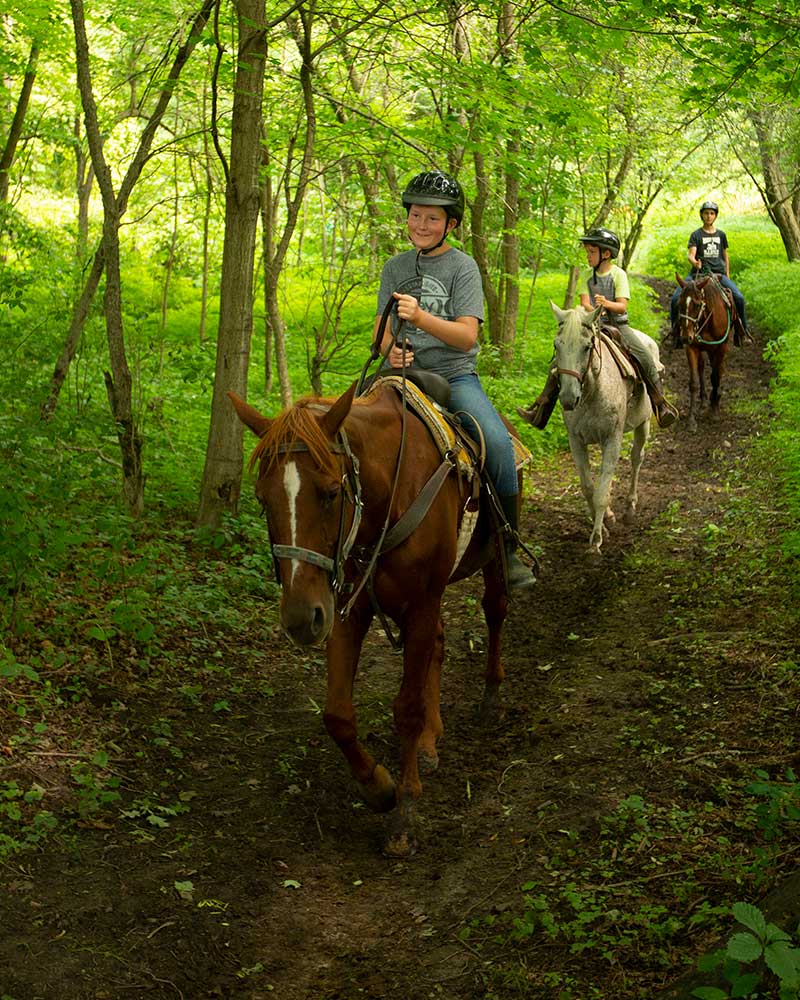
Because they don’t reflect a set curriculum, camps are able to orient themselves around interests (not simply age range). This means that children, even in overnight camp settings, are able to gravitate to communities of shared interest. At school they might be the only one in their class who likes Shakespeare, says Katherine Lang, “but they come here and all of a sudden they’re surrounded by students who all have that same love of Shakespeare.” ‘Here’ in this in-stance is the Stratford Festival in Stratford, Ontario, where Lang is one of the program co-ordinators.
Canadians are famously modest; we think of things as “good for here,” but the Stratford Festival is truly great for anywhere: a world-renowned theatre, operating at the very top of its class. Christopher Plummer literally has a room with his name on it at a local hotel, and he’s made a lot of use of that room over the years. The big names come because of the quality of the theatre, its direction, and its reputation. Campers come from throughout North America to attend the summer sessions at Stratford. While there, they bump elbows with the great, and they learn from professionals, in a professional setting, with other kids of like minds, talents, passions, and goals. “It’s pretty surreal,” says a camper. “We were in the green room for lunch and Colm Feore walked in. And then an hour later we were seeing him in King Lear.” While the program builds skills—from stage production, to techniques, to growing an understanding of Shakespeare—all of that is dwarfed by the value of simply participating in this environment. “We are giving them a professional setting,” says Luisa Appolloni, an education co-ordinator at Stratford, “so they are working with professional directors, professional actors, and all sorts of coaches from the festival.”
“It changes your life,” says a past camper. “I knew I wanted to be an actress, but now I know I could be an actress.” That kind of experience attends to the bulk of camp environments, not only as a by-product, but as their reason for being. It’s often the only chance for campers to really step outside of their comfort zones, whether that means getting caught in the rain, or speaking to a crowd, or simply engaging with others in a collaborative setting.
All great camps share those attributes: getting kids out of their comfort zones, placing them in settings in which their personal interests and talents are valued.
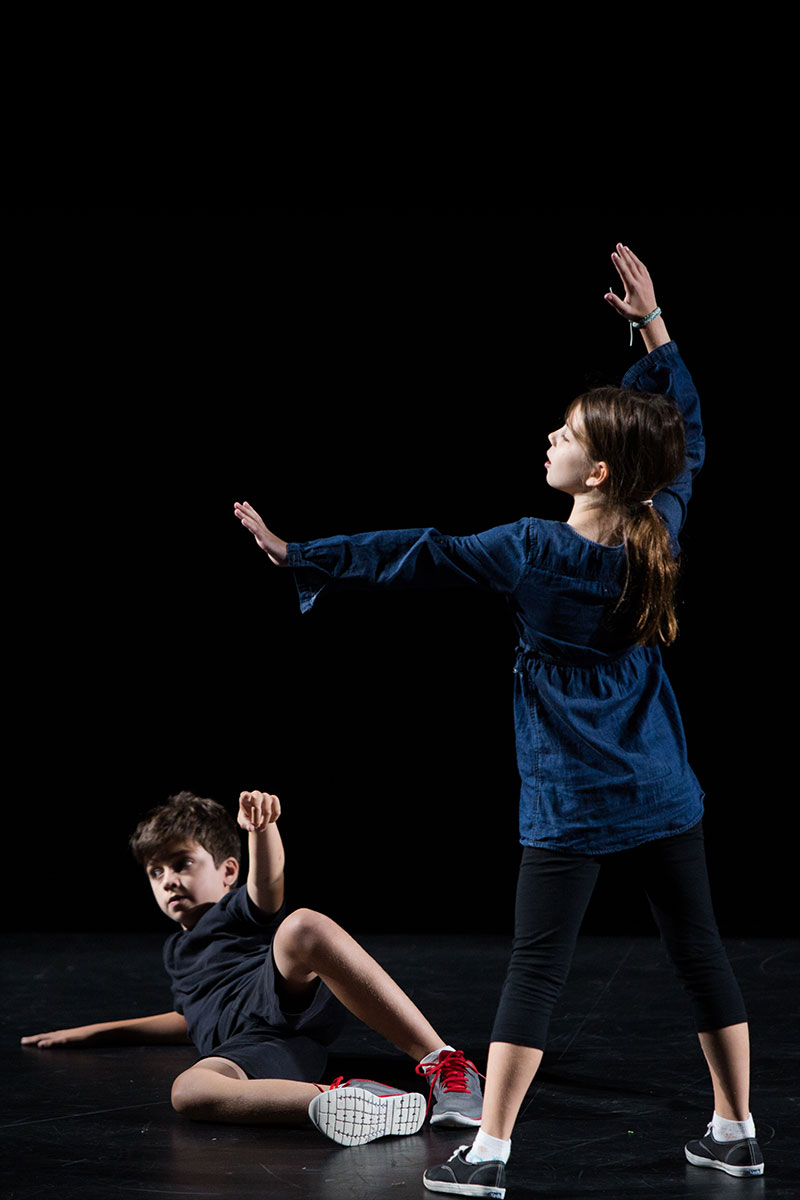
I believe sincerely in the educational, social and recreational values of camping. [It's] an ideal environment for a young woman to grow and mature feeling valued, confident, and capable.
Many overnight camps will accept kids at seven or eight years of age, though not all children are ready at that age to spend a week or more away from home and family. “While some kids come to us as young as seven, most are nine or 10 their first summer,” says Joanne Kates, director of Camp Arowhon, a residential camp in Algonquin Park.
There are three main factors to consider when deciding if your child is ready for the overnight experience. The first is comfort with the concept. Is your child comfortable having sleepovers? Says Kates, “I often ask parents to set up sleepovers and see how the child reacts. If your child is still nervous or uncomfortable with the prospect of spending the night away from home, overnight camp probably isn’t in the cards just yet.”
The second is a base level of physical ability. Can your child swim the length of a pool? Although policies on swimming and water safety vary by camp, your child may need to show they can swim before participating in water activities. Ask if the camp has a swim test; if they do, you’ll want to know for certain that your child can pass this test without difficulty.
The third, and most important, factor is: does your child want to go? Allow your child to help you select the camp, gauge their interest in the various options, and let them get a feel for what each camp is all about. If kids are involved in the process, and are excited at what they will be doing at camp, they’ll be much more comfortable when they get there.
And, yes, parents tend to be overly cautious. Most children are much more ready to go to camp than their parents are to let them go. Kids are typically ready for day or overnight camp when they start to get involved in activities outside the home—playing hockey or basketball, or starting to generate interests away from the family.
Learn about single night options and more in our fuller look at the question, “When is a child ready for overnight camp?”
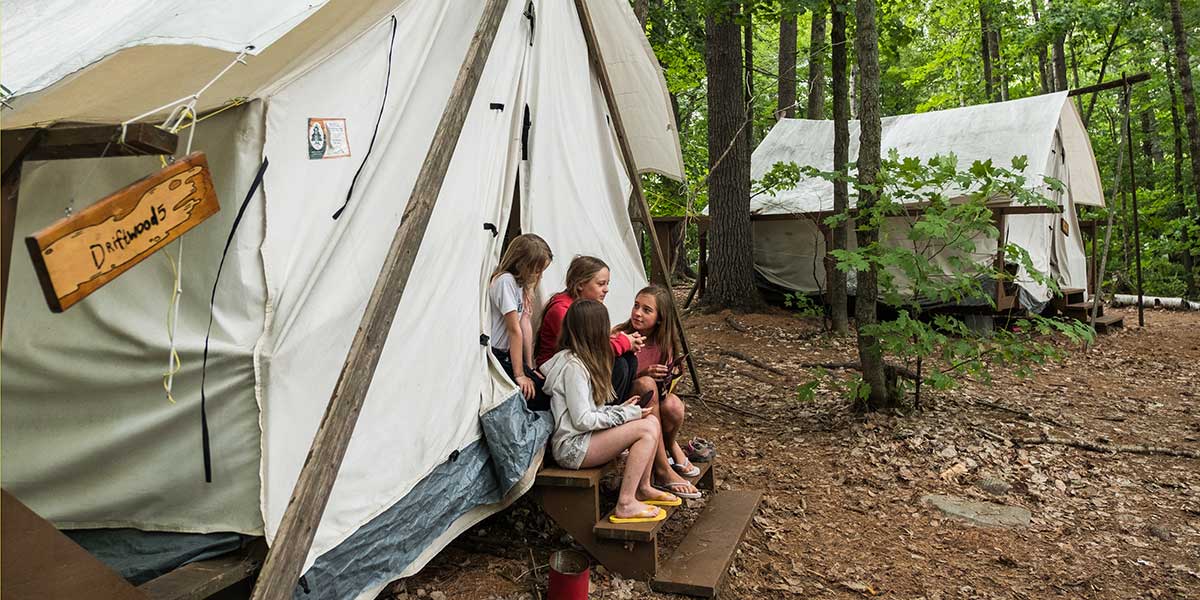
A US national study conducted at camps between 2006 and 2010 showed that rates of injury through camp experience were significantly lower than those of most organized sports. That’s because safety standards have long been in place in every camp environment, and administrators are keen to ensure that they continue to evolve to meet new standards. There was a time, say, when only swim instructors needed accreditation. Now, at many camps, a Bronze Medallion or higher is required for all staff, including those not directly employed in waterfront activities.
Addressing everything from physical safety to emotional well-being, a good director is committed to ensuring each child has a positive camp experience. These days there is a greater focus on anxiety and nervousness. Open communication is often the best solution, and it starts by letting parents and campers know exactly what to expect, as every camp director does. Any concern that’s top of mind for parents is also top of mind for camp directors.
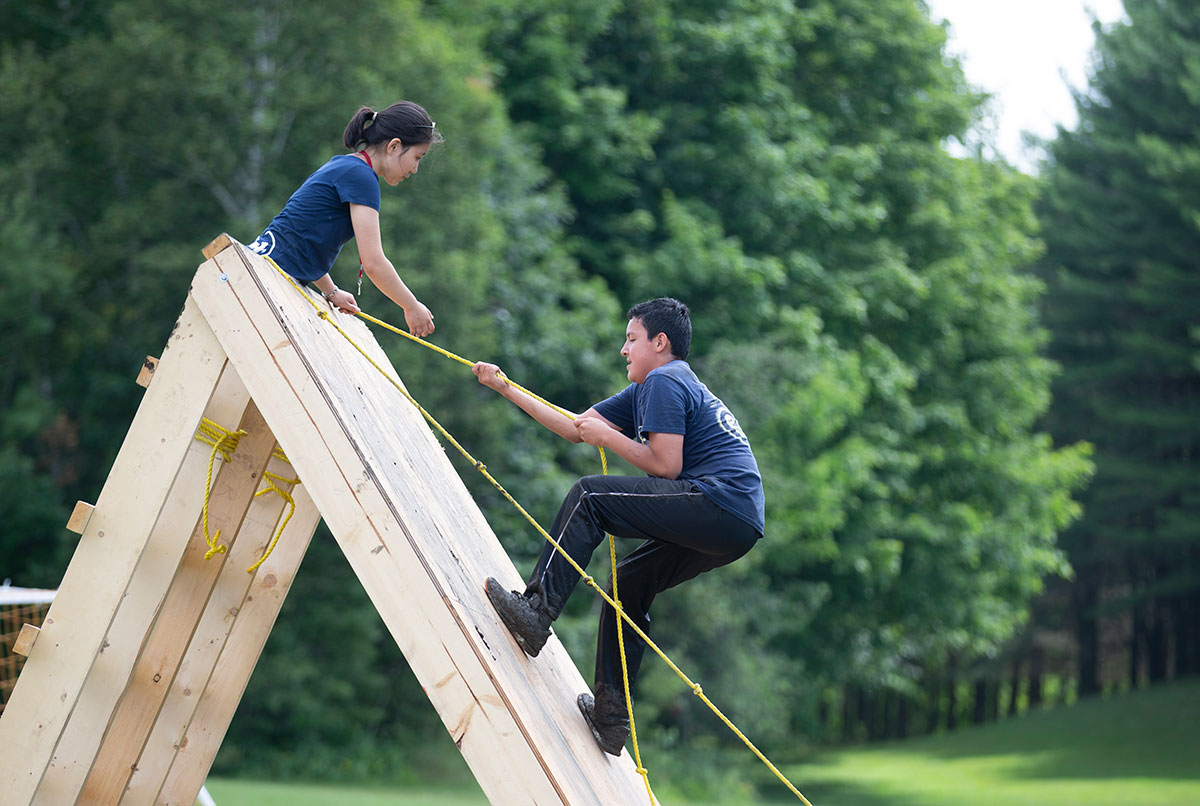
Many camps have formal safety accreditations granted by provincial camp associations. Each provincial association has standards, outlined in detail online, that member camps must adhere to. These standards often go above and beyond what is required by law. An overall camper-to-staffer ratio of at least 8:1 is mandatory for Ontario Camp Association accredited camps (which might make camp one of the most heavily supervised kids’ activities out there).
Just because a camp hasn’t sought accreditation, however, doesn’t mean it isn’t safe. All camps must meet federal and regional standards, as well as those of their insurers. Waterfront directors require National Lifeguard (NL) certification. Trip leaders in situations where boating or swimming is involved require Bronze Cross, standard first aid, and CPR certification. First aid and CPR are part of pre-camp training in many camps. Camps conduct criminal record checks for all new staff members, and some require that they be submitted by returning staff as well.
“When our kids take part in canoeing, kayaking, rock climbing, or mountain rappelling, they’re supervised by staff who are certified in those areas,” adds Gordon Hay, director of Venture Academy in Kelowna, B.C., which runs a camp for troubled teens.
Further, camps are required to have strict, well-enforced policies around food cleanliness and safety, allergies and dietary needs, water purification, camper health and wellness, medical services, and waterfront, wilderness, and program safety. Many overnight camps have full-time medical staff, and having doctors present on site is common. They see it as a vacation. Dr. Doug Holder, a renowned Hamilton cardiologist— he taught thousands in his teaching career and he conducted the first angioplasty in Canada—spent weeks each summer at a camp in Algonquin Park for two decades, becoming a fixture of the camp culture. That kind of deep involvement—one based in a love of medicine as well as a love of what camps can do for children—is what inspires doctors to be involved.
All that said, it’s good to ask. Peace of mind should be part of the overall camp experience as well, and if you don’t have it, then feel free to approach the camp staff or administration. Truly, they’ll be happy you asked.
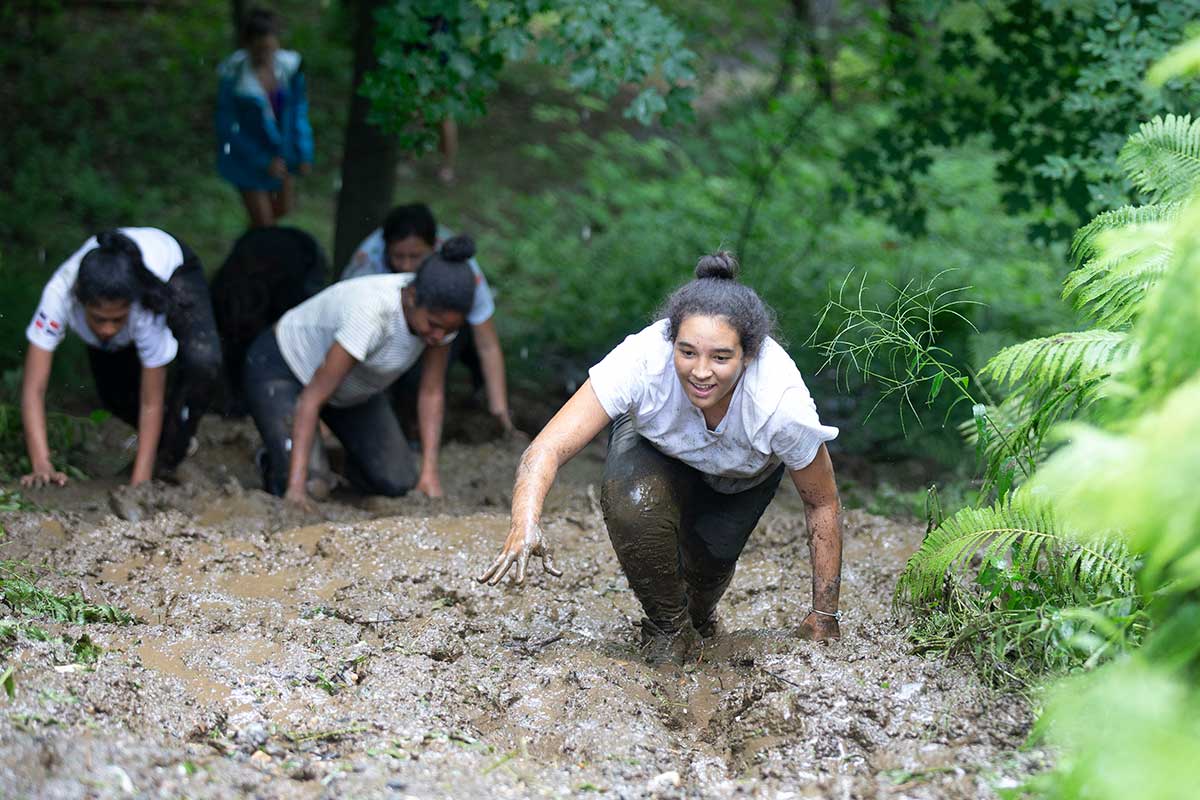
Camps, as with any professional environment, have a typical and clear administrative hierarchy. At the top are the camp directors, who are people for whom camping is both a full-time career as well as a personal passion. Most directors have extensive experience at camp, having grown up through the camp experience themselves. Many have academic credentials. Oona Ashmore, director of summer programs at Camp Couchiching, has both a Bachelor of Kinetics and a Bachelor of Education. Others have a background in outdoor recreation. The foremost programs in the country are those run by Brock University and Trent University in Ontario, which offer degree programs in leadership and education in the natural environment, facilitating groups in outdoor recreation settings, and experiential education.
As with principals within a school environment, directors set the tone at camp. Everything that happens on the camp property is their responsibility. Their prime concern is the safety, health, and happiness of the campers. Before delegating this responsibility, they must hire mature, experienced, skilled, and competent individuals and then train them fully in all aspects of safety and risk management. Throughout the season, they support, supervise, and evaluate staff to ensure the well-being of every individual on the camp property. They also devote considerable time to building the best possible team, beginning with former employees returning to a previously held position or taking on the challenge of a new role with additional responsibility. They hire the most qualified, mature, experienced, and skilled staff available, then further train them for their specific jobs. By asking about the rate of return of former staff, parents can gauge the staff’s stability and commitment.
Read more, including a case study from Catherine Ross, in our fuller look at camp safety.
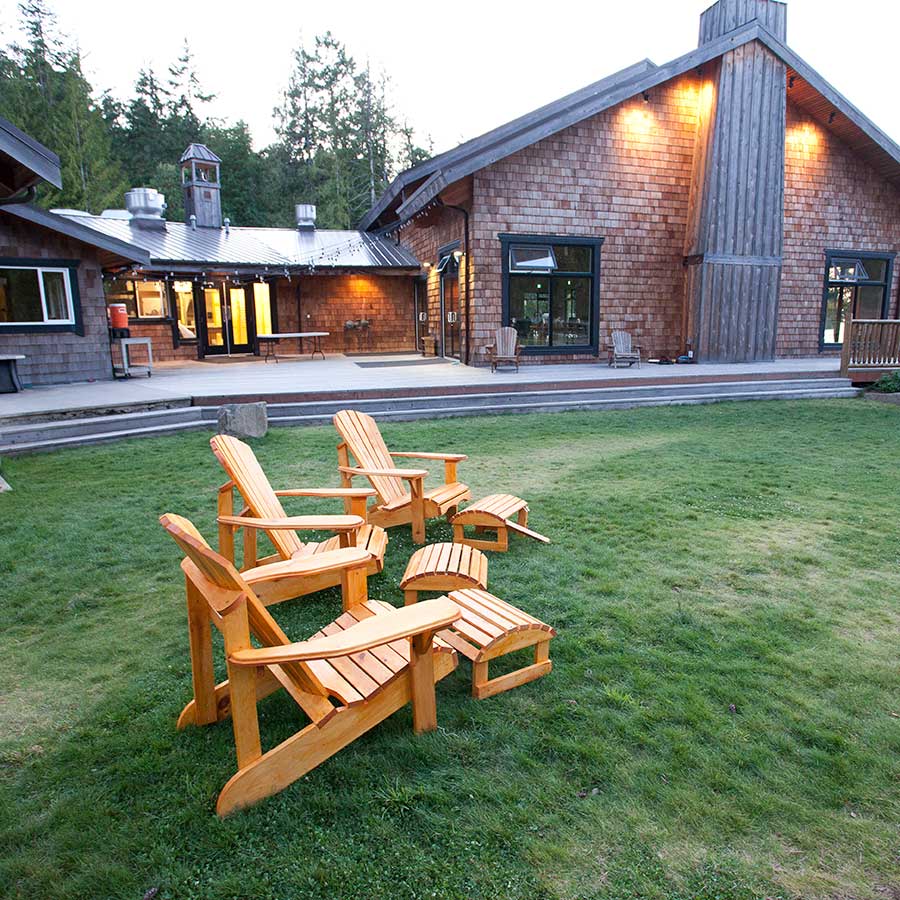
It’s apples and oranges. Cottages and camps are similar in that they are often in the country and on a lake. That is where it ends! Camp is where you are without your parents. This can be a tremendous opportunity for growth as much more is left up to the camper than would be typical at home: from waking up and seeing friends, to getting to activities with appropriate gear and on time, to being able to walk a distance under the watchful eye of staff (yet much more on their own than would be typical).
At camp, kids learn to make more decisions on their own, to advocate for themselves. They learn to deal with being homesick. Feeling homesick is a normal and natural way to feel—campers learn that it is okay to feel badly, but that you need to ask for help, you need to learn how to deal with those difficult feelings. Most camps don’t have TVs, screens, technology, or the internet as cottages often do. Take the internet as a single factor—eliminating that from a child’s life has enormous consequences. Campers and staff love not being able to be in the social loop at all times.
Cottaging is great, but camp is about independence, feelings of acceptance, growth, and self-confidence—skills often not learned at a cottage.
This summer I landed a design internship in the Big Apple... right in downtown Manhattan! Thanks again for sticking with me back in the day when I couldn't draw a straight line—it has really paid off! So excited and I can only thank you for all of your help.
“Sometimes we’ll hear criticisms,” says David Goodfellow. “Or someone will say ‘you’re going to send your kids to summer camp to play video games?’ But that’s only because they don’t understand how it’s being used.” As founder of Brick Works Academy, a tech camp based in Waterloo, Ontario, that’s a concern Goodfellow hears more than most.
Despite increasing enrollments at technology camps—in some cases reaching into the thousands—it’s an understandable question. We tend to think of the tangibles—activities, events, facilities—as the cornerstone of the camp experience. Further, we tend to think of a specific range of activities as representative of what camps are: canoeing, arts and crafts, swimming, archery. As such, tech camps can confound our sense of what camps are—though they can also clarify and affirm what it is that camps do best, and what they do better than other learning environments. In all camps, traditional or innovative, activities/events/ facilities don’t exist for themselves, or even necessarily to promote the skill sets they seem to represent. No one, for example, is looking forward to a career in making friendship bracelets. Even the sports, at least outside of specialty camps, aren’t conducted with the elite athlete in mind. Instead, as camp directors will tell you, the programming is a tool used to get to the hearts and minds of the kids, to help them to grow together, develop, and gain confidence in who they are and what they can do. From public speaking programs to sailing the high seas on a tall ship, it’s not the activity so much as what is done with it and what it is employed to accomplish. Foremost is to give young people a place where they can share their passions and knowledge, where they will feel a unique sense of belonging. Once they acclimate and get used to the idea, says [Goodfellow], “they really feel like they’ve found their home, they’ve found their peers when they come to us.”
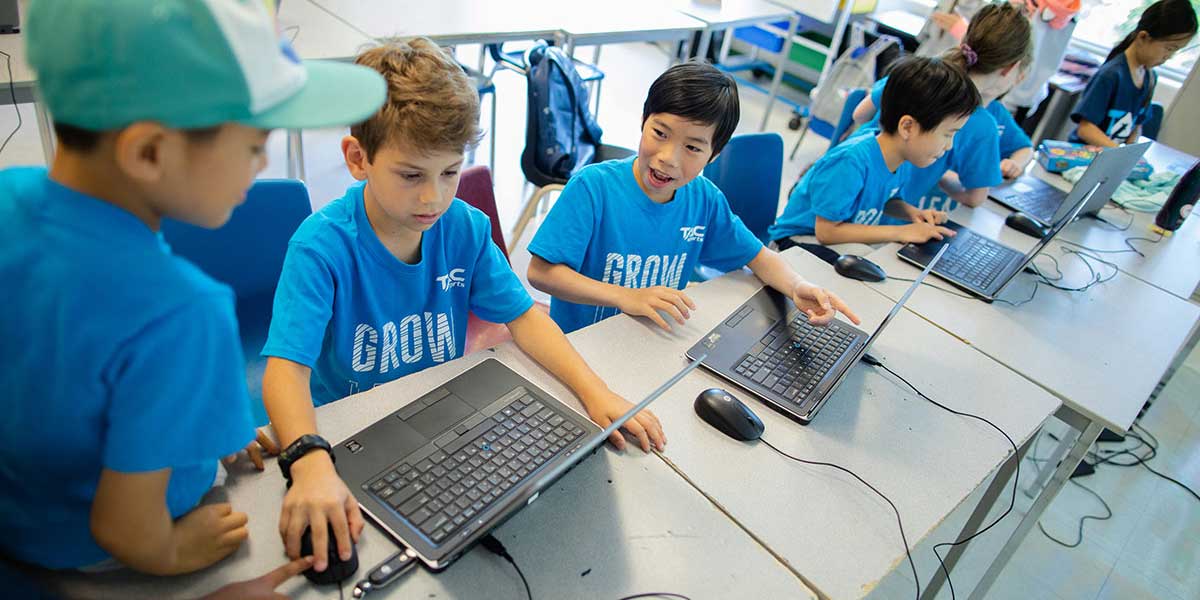
These camps aren’t staffed by people who come to tech casually, but who themselves are invested in delivering substantive programming that will build sound, transferable skills. The tech aspect isn’t an afterthought or simply on hand for rainy days. Rather, kids are given an appropriate amount of time to engage substantively with coding, game development, and robotics, mentored by those who are equally dedicated. As such, tech camps are about getting kids to be content creators and not just content consumers, allowing them to be in control of their digital environment.
Given the nature of tech camp environments, campers are getting the reassurance that what they’re doing has value and that they can influence their peers. It increases their status, and in turn grows confidence. It’s fun, yes, but it’s more than that. That, of course, is what any camp should be about: dedicated environments designed to achieve a specific end: growth. “We want the kids to leave with a greater self-confidence, more grit,” says Goodfellow. One of the reasons that tech camps have proven so successful is because of the ability to deliver those kinds of experiences to a unique, yet substantial, portion of the camper population.
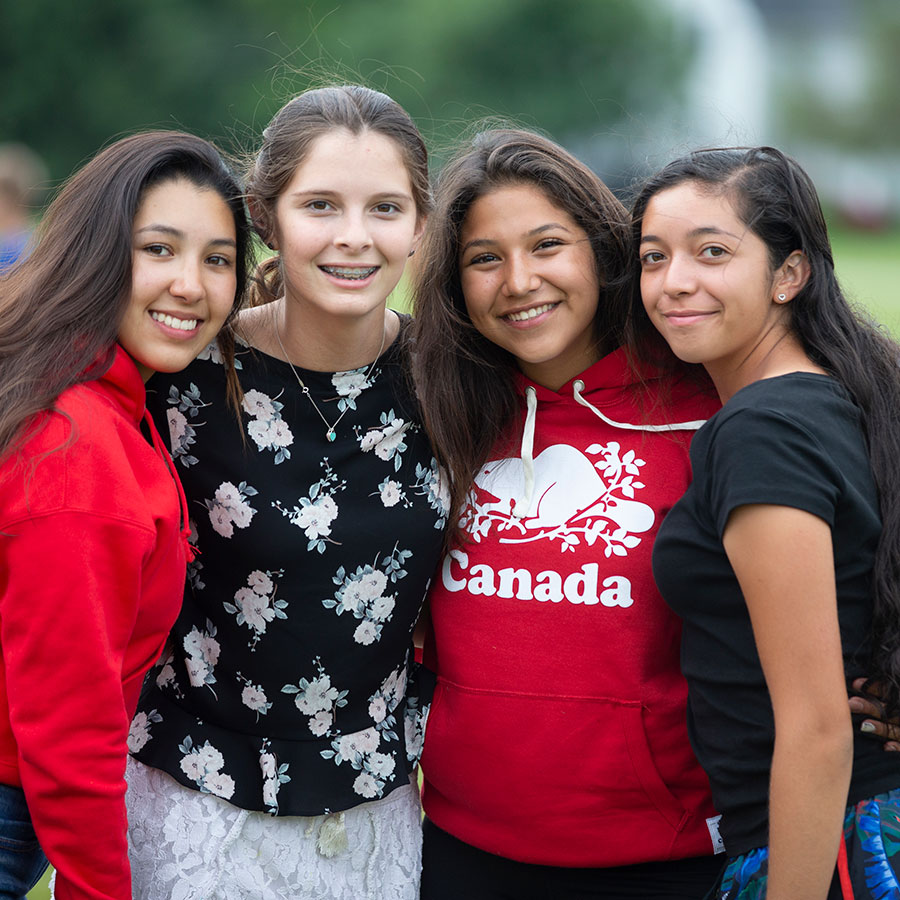
It’s a common question that isn't voiced as often as it’s felt. Going to camp for the first time can require a bit of courage, and kids can be anxious about an upcoming camp experience. If a young person were to ask, this is what we’d say:
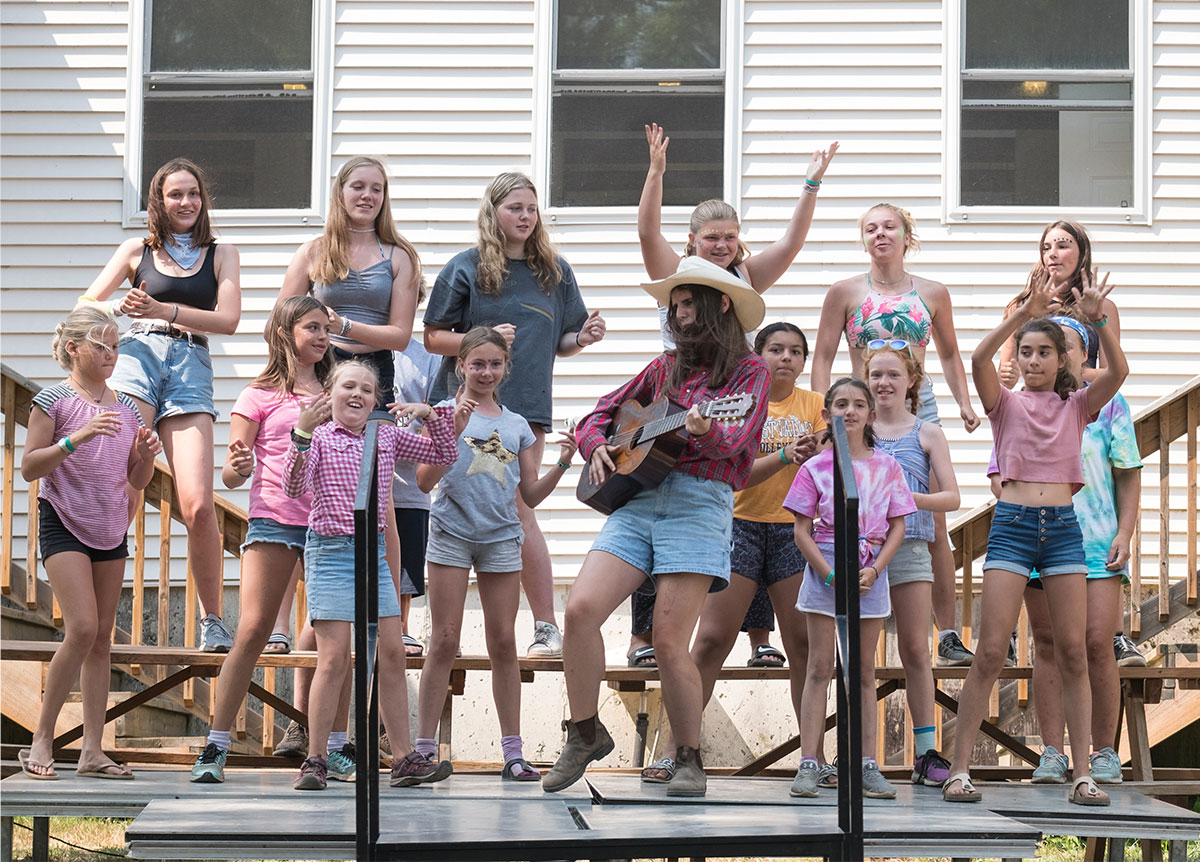
If you ask a camp director what a typical day at camp is like, almost invariably they will respond that there isn’t such thing as a typical day. That, to a certain extent, is absolutely true. Campers at day camps may follow a set schedule of activities one day, then head off on a trip the next. And, while all camps have various means of scheduling and moving campers through activities, it’s true that no two instances are exactly the same. Some activities (for example, swimming) may be compulsory and occur every day. At others, each day is truly a new day. Likewise, some overnight camps ask campers to choose key activities before arriving, while others have elective sign-ups each morning. There are also camps that don't have any elective activities. Meanwhile, tripping programs have a fairly basic daily routine: wake up, pack up, paddle, set up camp, sleep. Ultimately, for those reasons and others, there truly is no typical day. That said, there are some fairly reliable commonalities. Often each day is divided into a number of activity blocks, with groups of campers moving between them (at overnight camps, kids typically travel in cabin groups). There may be two blocks in the morning and three in the afternoon, or some variance of that. Blocks are punctuated by lunch, often with a bit of free time afterward and at the end of the day—because smelling the roses, rightly, is part of the experience, too.
These days the registration process is quite simple. Most camps allow you to register and pay online. Keep in mind the registration timeline, though. While some camps require you to register in the winter (or well in advance of the session start date), others allow you to register right up until the time camp starts. Since some camps fill up fast, you’ll want to stay on top of things.
The cost of an overnight camp session is higher than a day camp session of similar duration, given the costs associated with accommodation and meals. In both day and overnight settings, camps are interested first in building relationships, and therefore are very willing to discuss a range of funding options, including monthly instalments. Many camps also offer bursary programs, as do accrediting bodies, such as the Ontario Camps Association.
Every camp is different, but you can expect the base camp fees to include:
Depending on the camp, there may be extra services, which aren’t included in the base camp fee:
In some overnight camps, campers are placed with the same cabin group as the previous summer, which can be both good and bad, depending. In any event, those are the kinds of things you will want to probe at the time of registration: what is included, how camper groups are formed. Many camps, such as the YMCA camps, offer slots first to returning campers in October, then open all remaining slots to new camper registration in November. If there is a camp you are interested in, it’s worth asking about any specific registration dates and when registration opens for returning campers, new campers, and family camp sessions.
We want them to grow as individuals. We want them to grow in confidence and skill; we want them to take some calculated risks, to go a bit beyond where maybe they think their limits are."
While it’s more common at overnight settings, many camps offer leadership programs for the older set of campers, typically starting at age 14. The overt intention of the leadership training programs is to train campers for future counsellor roles within the camp. The terminology varies a bit between camps, but is typically expressed as either Leaders in Training (LITs), Counsellors in Training (CITs), or Student Counsellors (SCs). More often than not, participants are those who have some prior experience of the camp, and who have graduated into the training program. The sessions are longer than those for younger kids, and are often the entire two months of the summer for campers age 15 and up. Participants see themselves as something unique within the culture of the camp—not quite staff but not just campers either—and the training element includes safety training, completing Bronze Cross certification, lessons in effective leadership, and taking on more formalized roles mentoring and counselling younger campers.
“We want them to grow as individuals,” says Camp Nominingue director Grant McKenna. “We want them to grow in confidence and skill; we want them to take some calculated risks, to go a bit beyond where maybe they think their limits are.”
He notes that the leadership program gives them a lot of latitude to explore the world and their changing place within it. “They have a lot of opportunity to express their opinions, to express their feelings, to deal with leadership theory, apply that theory, and to be tested by challenges that they haven’t undertaken in the past.”
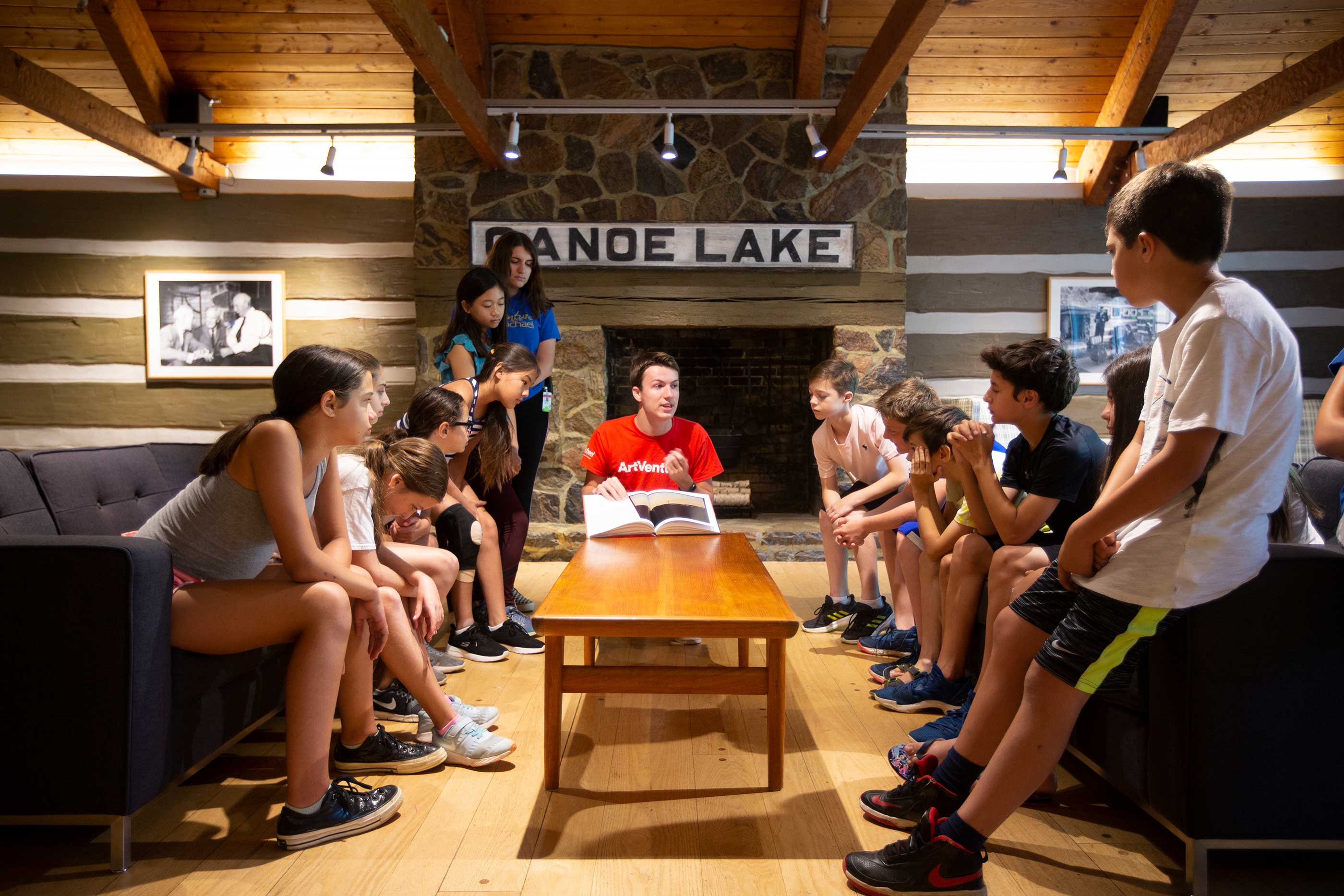
You’d be hard pressed to find an analogous experience in any other setting. The experiences associated with a training summer can be the most lasting of all those at camp, largely because they are often the most profound and the most meaningful. Being given responsibility at a young age sends a range of important messages. Chief among them is what the responsibility implies: that you are ready for this, that you can be trusted, and that you have the skills and the ability to take on more. It feels like growing up, and in many ways, it is. A training summer, more than any other, is one filled with small acts of service—mentoring, helping, coaching—and an awakening to a new role. Participants come to see themselves as members of an institution, gaining a reverence for what the institution represents.
You should absolutely approach the camp director, if only because they are great people, and any interaction will be welcome and illuminating. No question is foolish or too direct when you are dealing with the well-being and safety of your child. Directors are more than happy to have you visit the camp. Barring that, they are available by phone, email, or at the Camp Expo.
What are your qualifications and experience?
Without exception, you’ll be impressed by the experience that they bring to the role. That said, pay as much attention to how they respond as to what they say. This is the person you will need to trust most with the care of your child. They should present themselves with confidence, professionalism, and empathy. Most do that and more.
What written policies are practised at camp to ensure camper safety?
In pre-camp training, staff learn the written safety guidelines for every activity and program and practise the emergency procedures for fire, waterfront emergency, severe weather, or a missing camper. But hearing it from the horse’s mouth, as it were, can go a long way in building confidence in the administration and the setting.
What will you do on the first day to make my child feel like they have an important place at camp?
Those first moments are crucial to a camper’s enjoyment of camp. The best case is one in which campers begin immediately: playing games and learning each other’s names.
What do you love about your camp?
Whatever they say should mesh with your values as a family. Their experience and enthusiasm for working with young people should shine as well. If not, keep looking.
Download our ebook, The Top 14 Questions to Ask Camps.
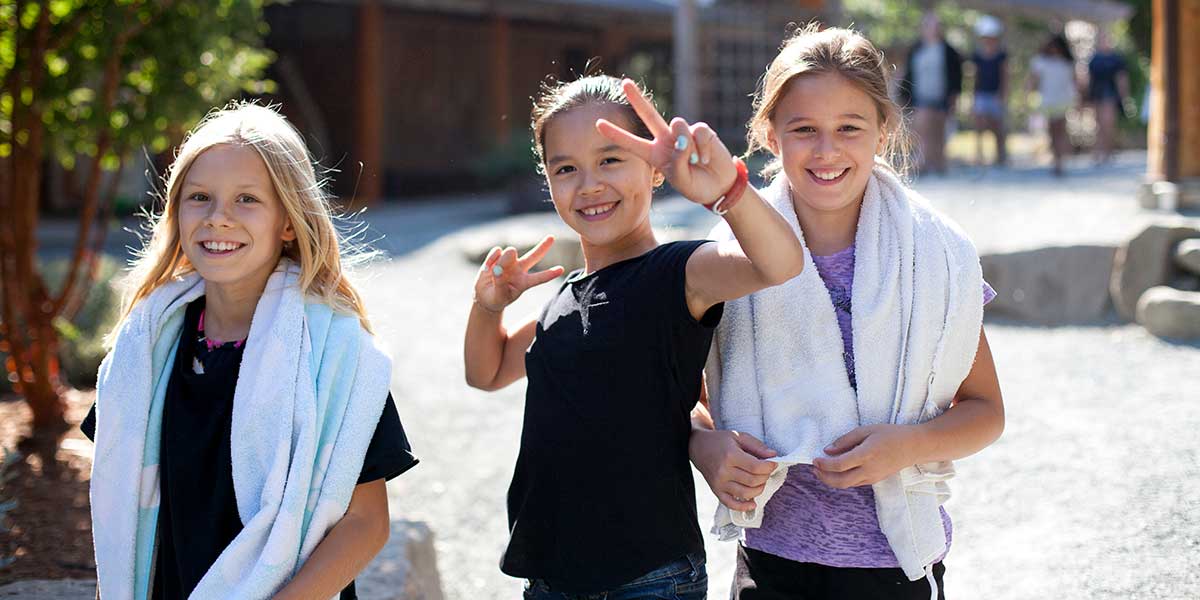
“It's safe to say,” says Roots clothing company co-founder Michael Budman, “that there might not be a Roots if there hadn’t been Camp Tamakwa.” Growing up in Detroit, Michigan, Budman had attended some local camps, but at age 10 he was ready for the big-time—Camp Tamakwa, the 75-year-old Canadian-American camp set on the shores of Algonquin Park’s South Tea Lake in northern Ontario. “It's one of the most beautiful campsites in the world—a magical place,” says Budman. It’s also where he and fellow camper Don Green became buddies and hatched their plan to open a shoe store in Toronto that eventually grew into an international clothing empire.
Budman loved everything about the camp. He loved the Slope, a unique set of stairs into the lake. He loved the canoe dock, where he worked for two summers as the canoe instructor. He loved the Blue Moons, special nights where counsellors would recreate fairy tales for the younger campers, such as Snow White and the Seven Dwarfs, then the next day pretend nothing had happened. And he loved the way people dressed, in lumberjack shirts and rubber boots. Outdoorsy clothes, such as hooded sweatshirts, sweatpants, and other athletic apparel, became the theme when Budman and Green became clothing entrepreneurs. Today, many Roots stores have a camp cabin feel with exposed wood beams, wooden fixtures, canoes, and wall-mounted canoe paddles.
Budman still spends summers in Algonquin Park. Kayaking last August, he saw three counsellors and six campers heading out on a nine-day canoe trip. “In this day and age of overprotected kids, that was an impressive sight,” says Budman, whose two children, now grown, also attended Tamakwa (as did Green’s three children). No matter what a child’s family situation—Budman came from a divorced home—camp is the great leveller, he says. “Without parents, homes, material possessions, camp allows opportunities for everybody to be equal.”